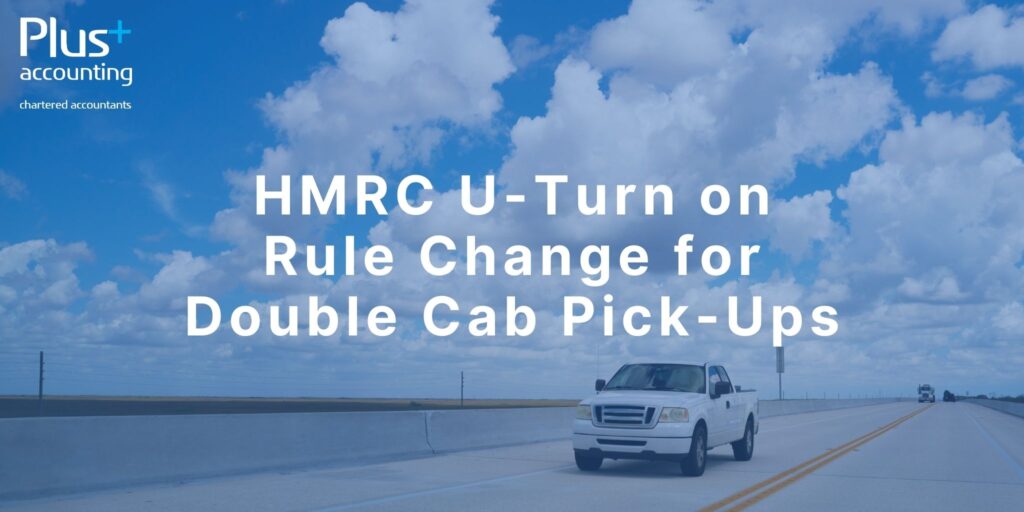The Starting Position
Since 2002/03, deciding whether a double cab pick-up is treated as a car or van for employment benefit purposes has come down to the weight of the vehicle, specifically the ‘payload’ which is defined as ‘the gross vehicle weight less unoccupied kerb weight’. Currently, if the payload is 1 tonne or more, the vehicle is classed as a van for P11D purposes.
Bad News for Businesses
On Monday 12 February 2024, HMRC updated its guidance on the treatment of double cab pick-ups to state that from 1 July 2024 the rules would change; all newly acquired double cab pick-ups were to be treated as cars regardless of their weight, and the tax would be calculated based on the list price and vehicle emissions. Transitional rules were to be put in place for currently owned vehicles. However, single cab pick-ups would still be classified as vans.
The change was set to have a huge impact on the annual liabilities arising on double cab pick-ups. Currently, the benefit in kind for a vehicle treated as a van with associated fuel is around £4,500, whereas under these new rules the same vehicle could give rise to a taxable benefit of over £25,000. For a higher rate taxpayer, a £20,500 increase in the taxable benefit would mean they have to pay an additional £8,200 of tax a year (£4,100 for a basic rate taxpayer). In addition, the employer would also have to pay Class 1A National Insurance at 13.8% on the benefit; an increase of £2,829.
The new rules were also to affect the treatment of double cab pick-ups for capital allowance purposes, meaning that only a small proportion of the cost of the vehicle would be allowable in the first year of use, rather than the full amount.
The U-Turn
On Monday 19 February 2024, following discussions between the government, farmers, and the motoring industry on the potential impacts of the change in tax treatment, HMRC announced that the changes have been scrapped.
Double cab pick-ups will continue to be treated as good vehicles rather than cars (subject to the 1 tonne weight restriction) for both benefit in kind and capital allowances purposes.
Author: Michelle Baldwin, Assistant Tax Manager, Plus Accounting
Any views or opinions represented in this blog are personal, belong solely to the blog owner and do not represent those of Plus Accounting. All content provided on this blog is for informational purposes only. The owner of this blog makes no representations as to the accuracy or completeness of any information on this site or found by following any link on this site.
Date Published: 28 February 2024



